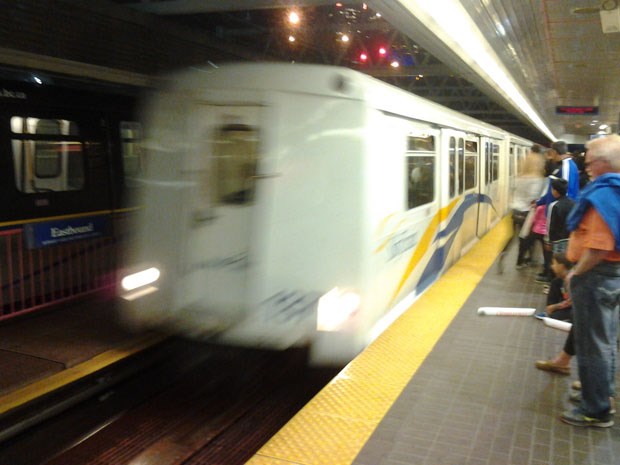Well, at least it will get you part way there.
Last week there were announcements of sorts on the region’s two SkyTrain projects and what they had in common is the depressing reality that we don’t have the money to get where we want to go. The Broadway subway will only extend as far as Arbutus, not UBC, unless senior governments cough up billions, while current funding for the Expo Line extension in Surrey will leave it nine kilometres shy of its Langley City goal.
Now, it’s not uncommon for transportation wishes to exceed our ability to pay, but when it comes to SkyTrain, that prohibitively expensive form of rapid transit to which we’ve hooked our wagon, that disappointment is magnified. It’s hard to fathom that as we begin the third decade of this century that our region’s rapid transit network is still so limited, that great swaths of this metropolis remain without anything more than bus service.
That sobering reality was on full display last week as it was announced it would be another five years before either extension becomes operational, and even if additional money materializes between now and then, getting all the way to UBC and Langley would likely be a decade away.
Should that best case scenario unfold, it would still leave the rest of the region woefully underserved by rapid transit and make debates about the benefits of density in places like Delta entirely moot exercises if we continue along our chosen path. However, if we opt to expand our rapid transit system with something other than the network that has brought us a whopping four lines in four decades, then perhaps there’s a fighting chance that other areas of the region will also share in the good fortune.
Despite its cost efficiency and worldwide popularity, light rail has become a non-starter in Greater Vancouver, somehow viewed as the poor man’s rapid transit by political leaders who cling to an outdated mode and its restrictive reach. Yet for those communities where SkyTrain is simply not viable (read South Delta), we’ll never see rapid transit if we don’t turn to light rail.
We can only hope that someday decision makers become so frustrated with the pace of SkyTrain that they have no choice but to turn to the obvious alternative.



